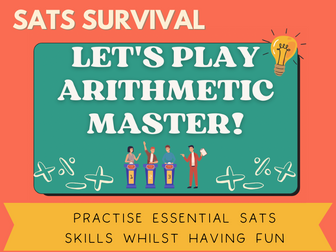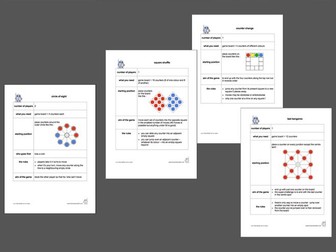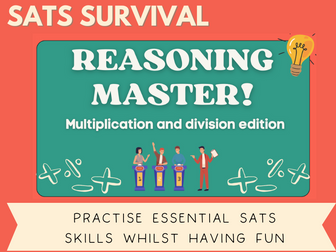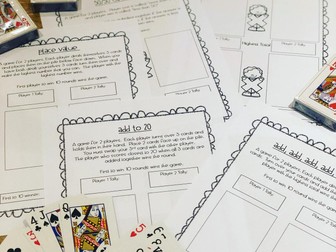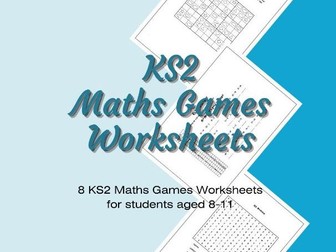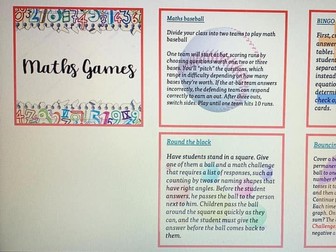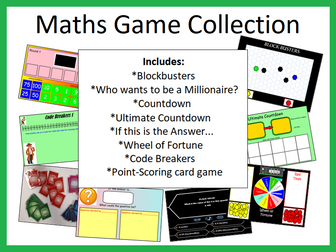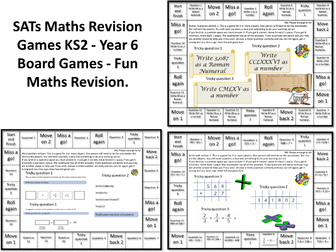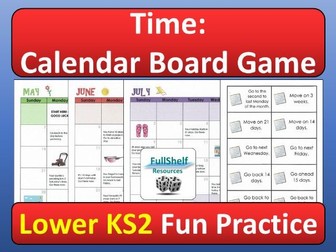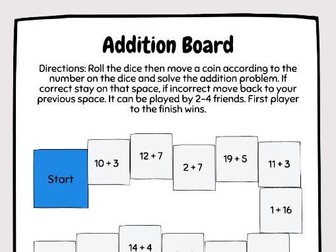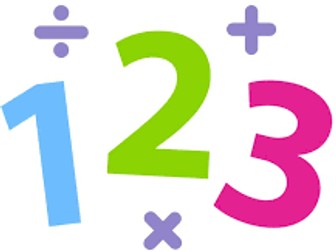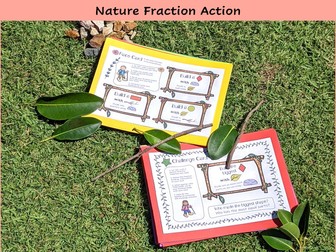Lobster Pot Maths Game End of Term
<p><strong>EDIT: Removed background image to reduce file size and speed up printing. Sincere apologies if this has been a problem for you - if you’ve already purchased this, the new file will be available to download for free</strong></p>
<p><strong>The Lobster Pot Game - including play sheets, teacher guide and variants to extend the game. Links included to dedicated website with random generators and ideas for extending the game further.</strong></p>
<p>The Lobster Pot Game is a well-known maths game, suitable for UKS2 and KS3. It is helpful for reinforcing probability, times tables and decision theory - while also being a lot of fun. It is highly requested by my maths groups and is a staple of the end of term.<br />
Each day, players distribute their lobster pots either ‘offshore’ (more risk, more reward) or ‘inshore’ (less risk, less reward). Using the money earned, they can purchase further pots and so increase their profits on later days. The aim is to have enough money at the end of each week to pay a steadily-increasing rent.</p>
<p>This contains everything you need to play the game with your class, including dedicated worksheets and full instructions for running the game. Simply print and play!</p>
<p>**If your class enjoyed this kind of game, have a look at these too:<br />
<a href="https://www.tes.com/teaching-resource/resource-13068208">The Energy Game</a> - No-prep lesson about energy generation - dice game with full lesson plan including reflection activities. Recommended for science (energy), geography (land use) and general end of term fun!</p>
